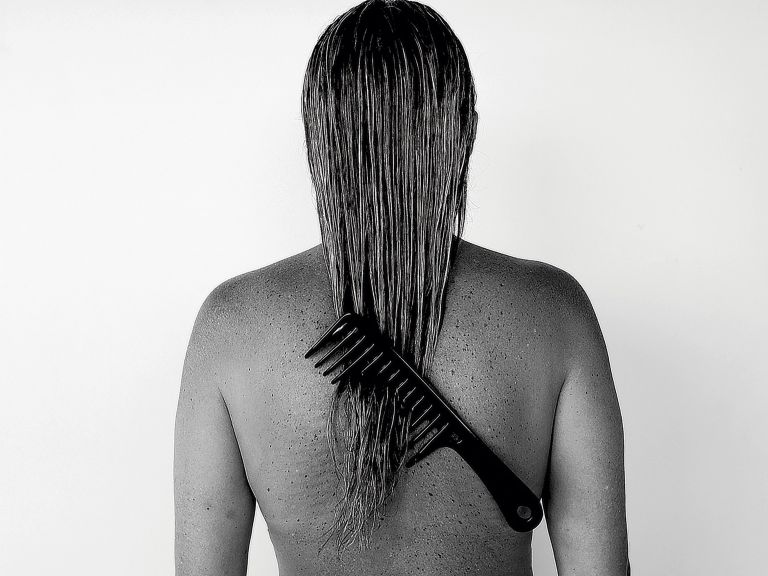Project Detail: não Cálice
Contest:
Women photographers exhibition 2016
Brand:
LuganoPhotoDays
Author:
Leticia Zica
Status:
Selected
Project Info
não Cálice
The não Cálice serie, made by the Brazilian photographer Leticia Zica, is the result of a delicate exercise of release and complaint. A resistance exercise in which women were invited to participate in a rite of love and courage. Emerged from a feminist fashion collection, the project initially intended to work with listening to women who have suffered or suffer physical and psychological abuse due to gender condition. During the process, they were interviewed anonymously and through a series of questions put by the photographer, gave clues to the creation of a clothes collection based on the emotions of those who wear them. The contact between these women eventually result in a serie of photographs in black and white that was used nudity to refute persistent objectifications present in the female nude theme and bring out not only the plurality of female formats, as well as a symbolic field contrasting strength and fragility, exposure and anonymity. Under specter of a tradition of male artists, the serie takes part in a list of productions that have examined the discussions that purport to discuss the realities of Brazilian women and respecting each as an individual, Leticia goes out the mainstream production to work with the naked lens of complicity and care. The work shows clear relationships in its symbolism. The comb that hangs like an ax stuck to the freshly cut tree, also trains the hair of a woman whose face can not be seen; a woman shows her breasts but does not show the role face, titled to the frame corner; a lady shows her skin all burned and the time's consequences for her. The word Chalice, and his sonorous ambiguity created with the idea of silent, expands the dimensions of work and leads to a receptive conception of women, reinforced by the Christian culture and cultivated in the conservative idea that saw the woman the symbol of subservience. The speech, in photography, is through the minutia and can only be reached by long observation, the required attention, eschewing words. In a continued attempt to recognize itself and the people who surround the sensitive work of the photographer always used the body to weave his poetic. A body that, before his eyes, is constantly fragmented, exposed, amplified. A loose body in space, single and multiple, individual and collective, and above all subject to the bad weather. Text written by the brazilian curator Lara Teixeira.














